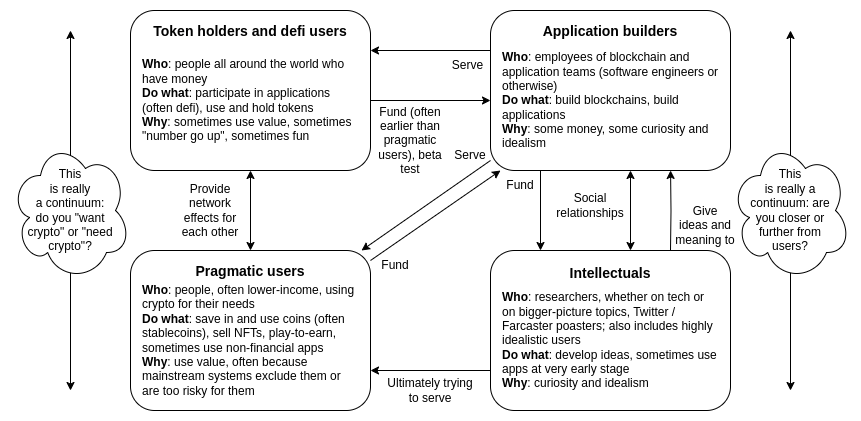From a young age, many of us are told: “If you work hard and prove yourself, you will be rewarded.”
We are steeped in the gospel of meritocracy from childhood. Study diligently, excel academically, collect the accolades – the path to a successful future, we are assured, is paved with quantifiable effort and talent. As students aiming for demanding fields like Computer Engineering, this ethos becomes an intense reality. School morphs into an arena for performance, knowledge a means to an end measured in grades and rankings, and the ultimate prize: admission into prestigious institutions.
I bought into this promise wholeheartedly. I learned the rules, played the game, and poured years into mastering the metrics. And by the system’s own standards, I succeeded. Multiple Master’s offers in Computer Engineering from international universities felt like the culmination, the hard-earned validation.
The Twist
However, life doesn’t always go as expected. That’s it.
I didn’t plan to take a gap year, but I saw it coming.
Somewhere in this journey, I started questioning something deeper — not just why it’s hard to get a job in tech right now, but why it feels so personal.
This reflection led me to confront a much bigger issue: the curse of meritocracy.
In a true meritocracy, these things should translate into opportunities, right?
- Get good grades
- Win competitions
- Find a job
So when job offers don’t come in — or only come in under unfair terms — we’re left confused, maybe even ashamed. “Did I not work hard enough?” becomes an internal voice of blame.
Here lies the curse: when success is framed as purely based on merit, failure feels entirely like a personal defect.
But the truth is more complex. The job market is cyclical. Recruiters often filter by brand names, not by capability. Many good roles are never posted publicly. Policies, market recessions, and insider referrals all distort the game. This isn’t a complaint — it’s a reality check.
Merit is just one variable in a messy, nonlinear equation. The job market was still competitive, and societal expectations hadn’t vanished. But something fundamental had shifted within me. I used to think not getting into a FAANG company meant I was behind.
But Is it really matter that i solve the leetcode in time in a interview?
For a while, I thought the solution was simple: solve more Leetcode problems, and do it faster. I treated technical interviews as puzzles I just needed to crack.
But here’s what I learned: solving algorithms under a time limit is a skill, but it’s not the only one that matters.
What it doesn’t prove in a person:
That you’re a good software engineer.
That you can maintain and refactor complex codebases.
That you can build user-facing systems with long-term impact.
That you think creatively or critically beyond known patterns.
I think collaborating in hackathons gave me resilience, not just resume. Building tools and small games that someone actually use feels good.
Trying, failing, and reflecting on user feedback have taught me far more than traditional coursework ever did. I learned to build before I felt ready, to listen more than explain, and to treat failure not as a signal to stop, but as a prompt to iterate more fast.
To truly understand feedback, you have to step into the user’s shoes. They are the ultimate arbiters of value. What seems intuitive to you might be completely confusing to them. What you thought was a killer feature might be ignored, while a minor element becomes unexpectedly popular.
That kind of growth doesn’t show up on a transcript — but it shapes the kind of engineer, teammate, and thinker I’ve become.
Meritocracy told me to chase validation. Reality taught me to chase growth. It equates our human value with our output, fosters crippling anxiety, and can alienate us from our own genuine interests and sense of self. I didn’t magically have all the answers, nor was I suddenly immune to the pressures of the world.
To Others on a Similar Path:
If you’re always feel being left, or struggling to find your place — you’re not behind. You’re just not playing a zero-sum game anymore.
Gap Year was transformative for me because it existed outside the metrics of the standardize life I should live. I didn’t magically have all the answers, nor was I suddenly immune to the pressures of the world in the past 2 years. But something fundamental had shifted within me.
I’m still try to find the “right” job — but I’m no longer hunting approval. I think the most significant 成长 (growth) came from stepping outside the achievement framework altogether and find your own way of success.


